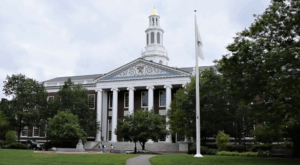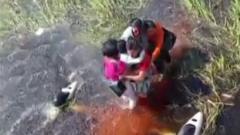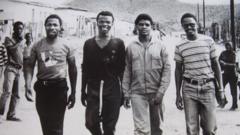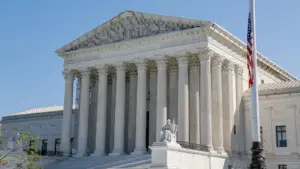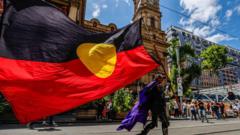As Europe confronts a resurgence of antisemitism, Holocaust survivors and educators stress the importance of remembering the past. Schools teach students about the atrocities of Auschwitz, emphasizing tolerance and understanding amidst growing division in modern society.
"Lessons from Auschwitz: A Call to Remember as Antisemitism Rises Across Europe"
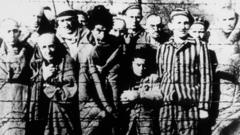
"Lessons from Auschwitz: A Call to Remember as Antisemitism Rises Across Europe"
In the wake of rising antisemitism, Holocaust survivors and young students urge society to heed the lessons of Auschwitz and combat intolerance.
The significance of Auschwitz remains a powerful reminder in contemporary Europe, especially as survivors and young students alike voice concerns about the fading lessons of history amidst rising antisemitism. Recent encounters at Holocaust education centers, like the one in Dachau, showcase the urgency with which young people are grappling with the implications of the Holocaust in today’s world.
Seventeen-year-old Xavier, a German student, articulated a strong sense of duty to learn from the past, particularly in the face of increasing support for far-right political movements in Germany. He noted, “It’s important for young people like me… We need to learn from the past.” Eighteen-year-old Melike echoed this sentiment, expressing a desire for greater dialogue about racism and intolerance, stating, "We need to learn more about one another so we can all live well together.”
Survivors like Eva Umlauf, the youngest inmate freed from Auschwitz, dedicate their lives to education and awareness, drawing upon their personal trauma and loss to impart critical lessons about empathy and the dangers of prejudice. Umlauf emphasizes that her story serves as a cautionary tale against dehumanization, where Jews were rendered “subhuman” by the Nazis.
Despite these educational efforts, the atmosphere in Europe is becoming increasingly fraught. Charlotte Knobloch, acting president of the Jewish Community in Munich, recalls her childhood during Kristallnacht and warns of an alarming resurgence of antisemitism. Statistics from the EU's Fundamental Rights Agency corroborate her fears, with 96% of Jewish individuals in Europe citing experiences of antisemitism in their daily lives.
Rising global antisemitism finds some of its roots online, where hateful rhetoric proliferates unchecked. Deborah Lipstadt, the former US special envoy to combat antisemitism, underscores the manipulation of these sentiments by outside forces to create societal discord. The recent conflict in Gaza has exacerbated tensions, leading to a significant uptick in antisemitism globally, where acts of violence against Jewish communities are increasingly reported.
As discussions of hate and intolerance swirl around the globe, the stark physical reminders of lost lives at sites like Auschwitz and Stutthof cling to the soil, imbuing contemporary activism with urgency. Polish musician Gregor Kwiatkowski poignantly captures this sentiment, stating, “These shoes are screaming… they are asking for attention, not only to preserve them, but to change ourselves.”
The upcoming anniversaries marking the liberation of Auschwitz are seen as critical junctures in history, potentially offering one of the last opportunities to bear witness to the stories of survivors. As a generation of young people prepare to step into governance, the collective responsibility to remember and act against the mistakes of the past becomes ever more pressing. The question remains: with the lessons of Auschwitz slipping from collective memory, what future are we choosing to create?












